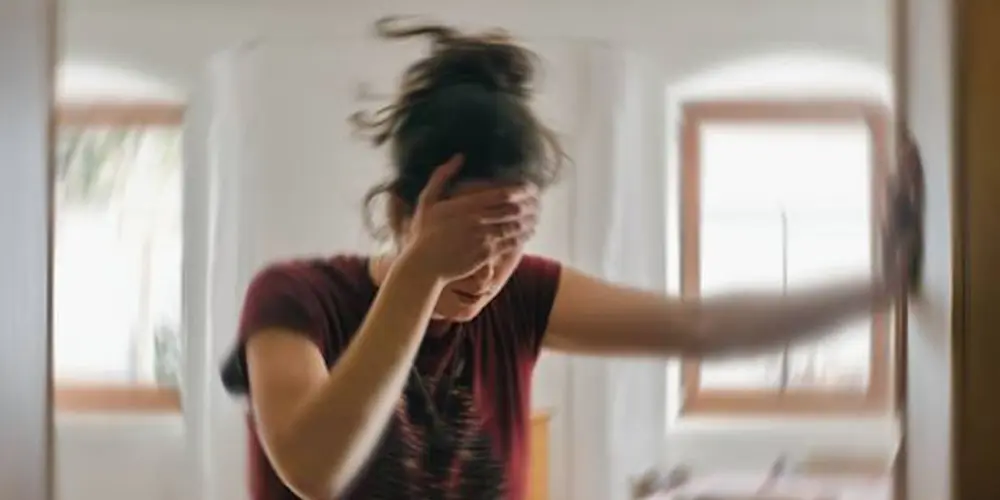Dizziness can occur when you’re recovering from the flu or it can strike out of nowhere. Whatever the cause, being informed can help you restore your balance.
Recognize different kinds of dizziness. Vertigo is the most common form of dizziness, and it’s not what you see in the movies. It’s the feeling that you or your surroundings are moving even when they’re standing still. Dizziness can also be related to fainting, trouble walking, or psychological conditions including depression and anxiety.

Know when to seek immediate care.
Most cases of dizziness are not serious, but urgent care is needed for additional symptoms that could be signs of a heart condition or stroke. That includes chest pain, trouble breathing, double vision, and slurred speech.
Understand the effects of ageing.
Dizziness is more common among seniors, and it’s more likely to interfere with daily activities. Your doctor can usually customise a treatment plan that will help you remain mobile. It’s important to address the underlying causes of your dizziness. Proper treatment can provide lasting relief.
See your doctor.
Describing your symptoms accurately will help your doctor to diagnose your condition. Because dizziness affects so many different parts of your body, you may be referred to a specialist. Your doctor may also prescribe motion sickness drugs temporarily to make you more comfortable.

Perform targeted exercises.
Vestibular rehabilitation therapy involves simple movements of the eyes, head, and body that can often make your dizziness disappear in a few minutes. Your doctor or physical therapist can give you specific instructions for your individual condition.
Work on your coordination.
Any activity that enhances balance and eye-hand-body coordination will help fight dizziness. Play tennis or practice Tai Chi and yoga.
Talk it over.
In some cases, dizziness may be a sign of depression and anxiety that can be helped with counselling and medication. Relaxation practices such as meditation and deep breathing can also be effective.
Consider surgery.
Surgery for dizziness is rarer today because less invasive treatments are more widely available. However, surgery may still be recommended for chronic disorders such as Meniere’s disease.
Dizziness is usually a harmless and temporary condition, but a little knowledge can help you avoid falls and rule out more serious causes. Protect your sense of balance with simple home remedies and appropriate medical care.

